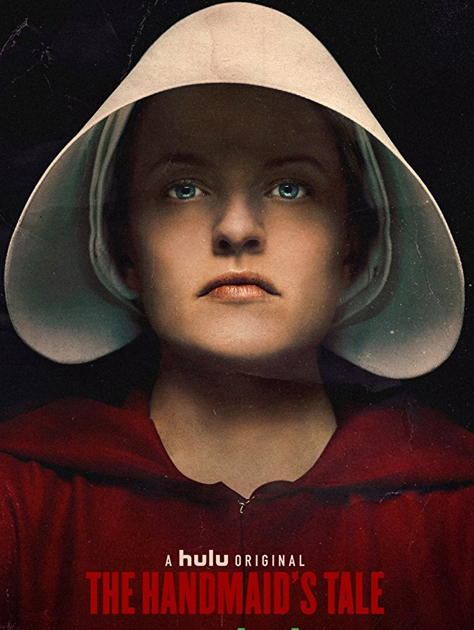The Handmaid’s Tale Review: Look Around, Are We in Gilead?
December 21, 2021
The Handmaid’s Tale details the horrors of everyday life in Gilead — a dystopian society. Gilead, also known as the ‘Divine Republic’ is a tyrannical and patriarchal society built on the premise of restoring life to the “Godly” way of living. Gilead was created with the intention of repopulating society after America was experiencing a fertility crisis. The creators of Gilead, the Sons of Jacob, were a group of men who were enraged at the fact that women were no longer fulfilling their “biological destinies” — which means having children. The Sons of Jacob organized a crusade against America by bombing the US capital and shooting several US government officials including the president. The last remaining fertile women were hunted down like dogs, captured, and then transported to the Red Center in Gilead. Throughout the first season of The Handmaid’s Tale, it’s shown that Gilead couldn’t have been created without extreme violence.
Extreme violence is even carried out in Gilead through the ritualized rapes the handmaids endured. Gilead wouldn’t function if there were no rapes. Gilead is built on the idea of people in power taking things from the handmaids — their bodies, their freedom, their happiness, their sexuality — for their benefit. The people in power are the Commanders, a small group of men who govern their districts in Gilead. The creators of The Handmaid’s Tale, Margaret Atwood and Bruce Miller examine this fear of a small group of people’s actions destroying society altogether. Gilead was created and is enforced by a small group of men that share the same Christian extremist beliefs. Very cult-like.
There are several biblical allusions throughout the story. One of which is the name ‘Gilead’ itself. Gilead is described as a peaceful and fertile place in Genesis 31:25. The title of ‘The Commander’ is also a reference to the Bible since in the Bible ‘The Commanders of the Faithful’ are powerful men a part of the ruling class. These biblical allusions are ironic because Gilead isn’t a peaceful place and The Commanders aren’t faithful at all. In fact, the Commanders break more rules than anyone. They even cheat on their wives with Jezebels. The allusions to Christianity are important in showing how religion can be a tool of manipulation. These allusions basically say, “Because things that take place in Gilead are also represented in the bible, they can’t be immoral because God says ‘it’s ok’”. Namely, the commanders raping their handmaids in Gilead can’t be immoral because Jacob impregnated Bilhah, the Handmaid in Genesis 30:1-3.
It was brilliant how the main character, June Osborn, reclaimed her power in a society where women can only be powerless. She reclaimed her power through her sexuality in a place where women that are outwardly sexual are shamed. However, it was disappointing how the events that happened in The Handmaid’s Tale’ were similar to colonization and slavery — which directly impacted POC, especially black people. But, black people were absent from the story. It felt as if Bruce Miller was taking the trauma of racial minorities and made it white. Nonetheless, The Handmaid’s Tale is an insightful and symbolic piece of art that we could all learn from.



